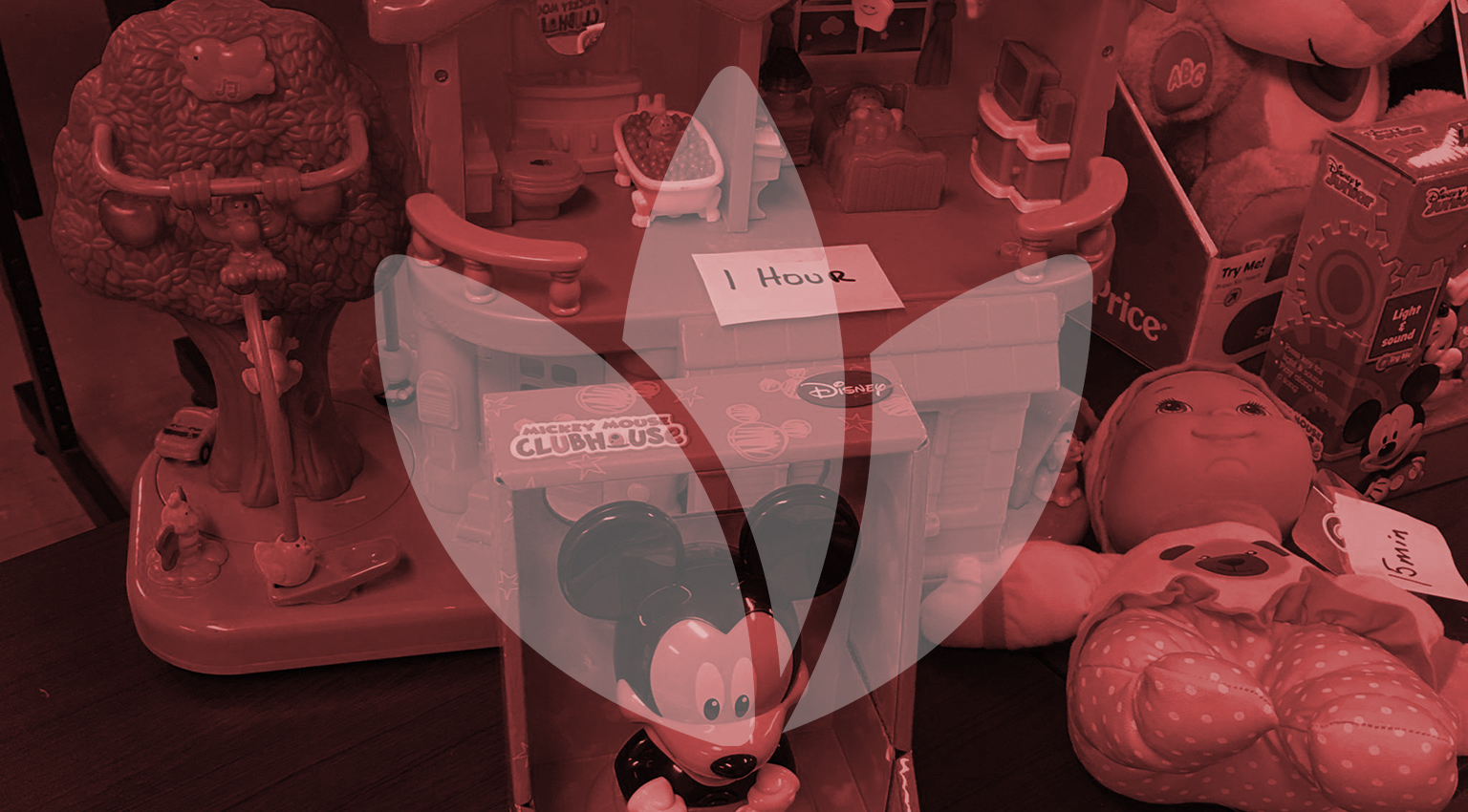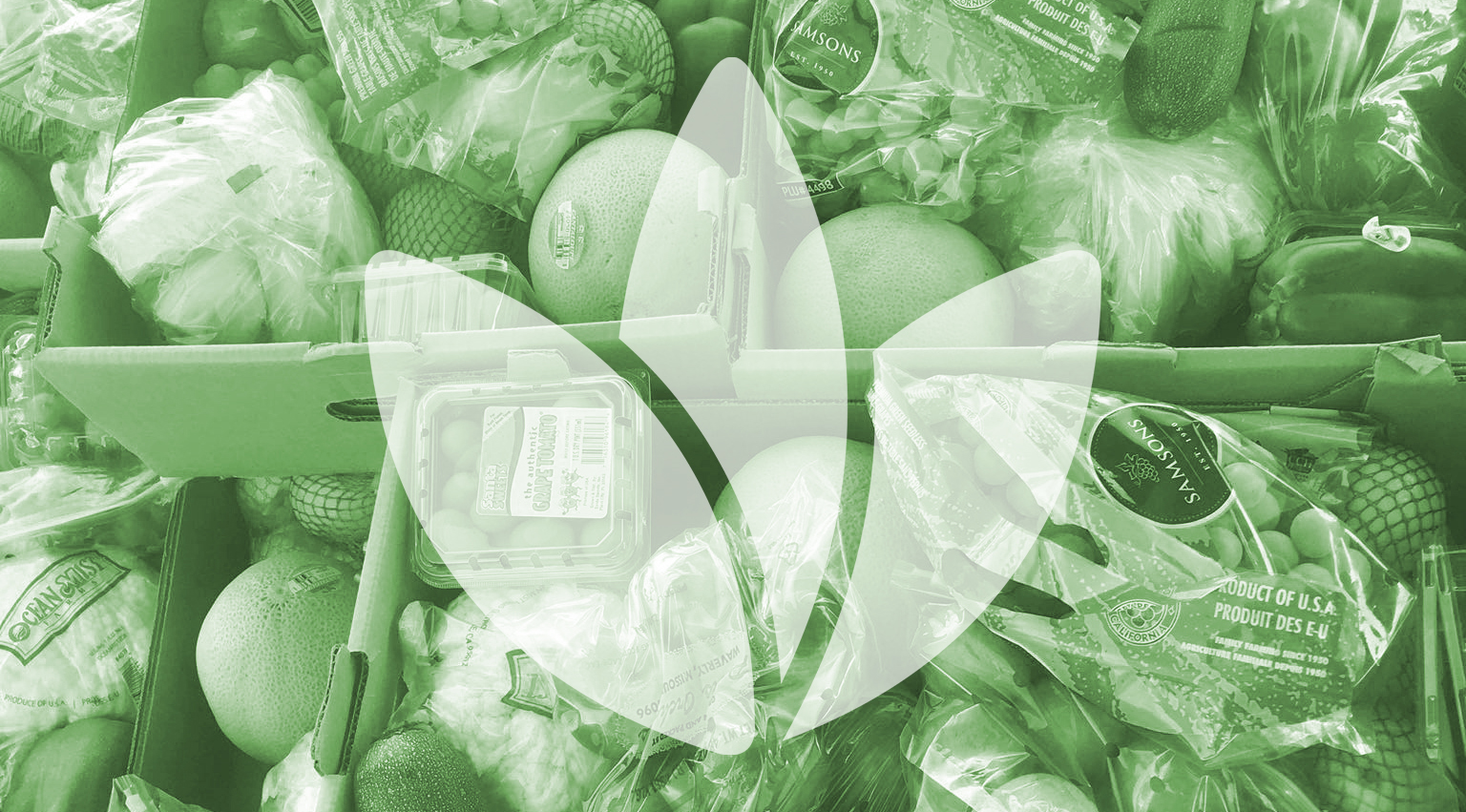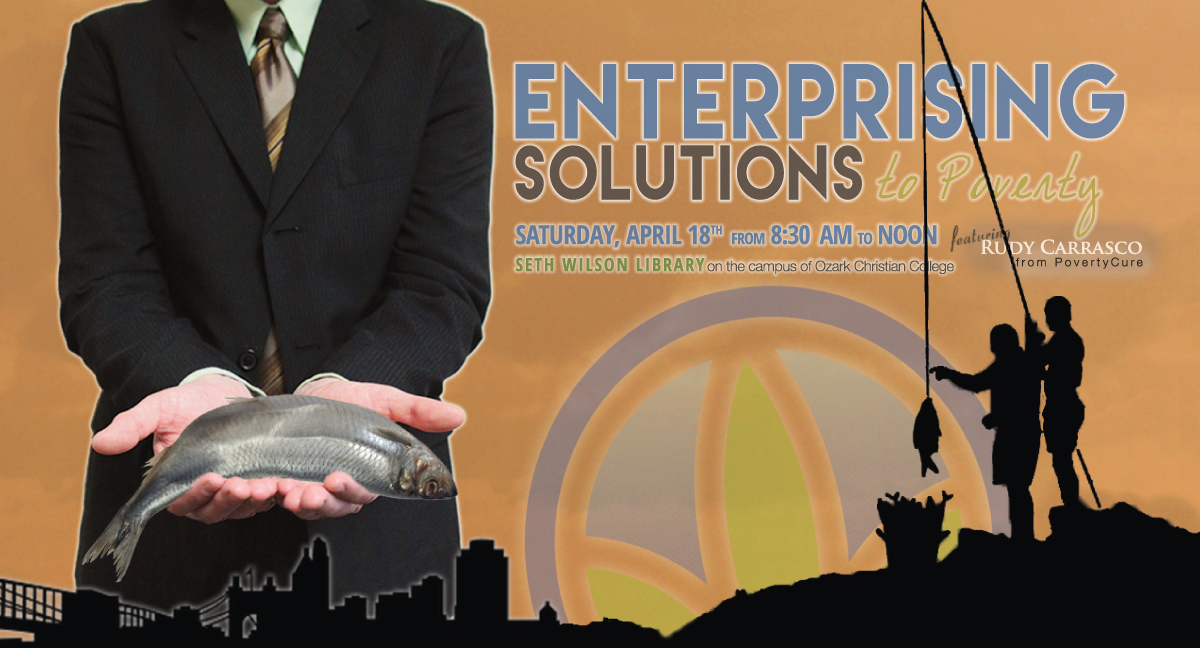Imagine that you spend months crafting a relational, empowering program at your ministry. You carefully craft a series of questions for clients designed to find their talents and abilities. The person responsible for asking the questions changes out several times and one day you decide to sit in on the process. What was designed as an exercise in personal connection has become quite the opposite – an adversarial bureaucratic process that demeans your client. This happens more often that we know. It’s not enough to design your programs well, or implement them well in a trial run; you must maintain their effectiveness over time.
As the holidays approach, many churches and nonprofits run programs to give Christmas gifts to kids in need, and many more partner with existing national programs. The traditional toy drive is simple. Donors buy gifts and volunteers distribute them. The volunteers either go to the homes of the children or have a day of distribution in a central location. Kids smile, donors feel good … everyone’s better off, right? Unfortunately – it’s not that simple.
Feeding the hungry is one of the oldest forms of charity and seems like it should be simple. However, as many know from years of practice, even when food is collected, stored, and distributed efficiently, it still may not reduce dependency or change lives.
The good news is that there are innovative approaches to solve the issues created by the standard hand-out model.
Event Details Saturday, April 18, 2015 8:30 AM to Noon Seth Wilson Library on the campus of Ozark Christian College Rudy Carrasco For more information on Rudy Carrasco & […]





